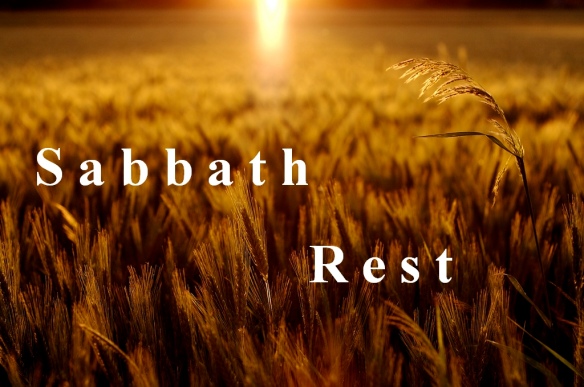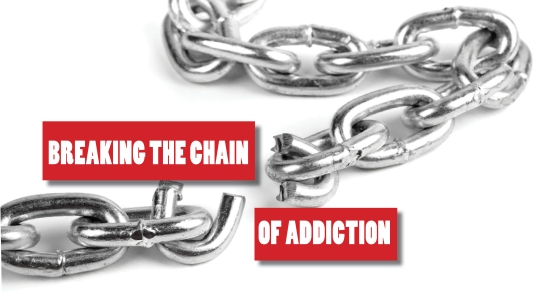
Sabbath – to cease from work, to rest.
“Remember the sabbath day, to keep it holy. Six days shalt thou labour, and do all thy work: but the seventh day is the sabbath of the Lord thy God: in it thou shalt not do any work. For in six days the Lord made heaven and earth, the sea, and all that in them is, and rested the seventh day: wherefore the Lord blessed the sabbath day, and hallowed it” Exodus 20:8
“And God saw every thing that he had made, and, behold, it was very good. And the evening and the morning were the sixth day.Thus the heavens and the earth were finished, and all the host of them. And on the seventh day God ended his work which he had made; and he rested on the seventh day from all his work which he had made. And God blessed the seventh day, and sanctified it: because that in it he had rested from all his work which God created and made.” (Gen 1:31, Gen 2:1-3)
“Jesus prayed; he withdrew from the material senses to refresh his heart with brighter, with spiritual views” (Eddy, Science and Health, p. 32).
“The consciousness of Truth rests us more than hours of repose in unconsciousness” (Eddy, Science and Health, p. 218).
“God rests in action. Imparting has not impoverished, can never impoverish, the divine Mind. No exhaustion follows the action of this Mind, according to the apprehension of divine Science. The highest and sweetest rest, even from a human standpoint, is in holy work” (Eddy, Science and Health, p. 25)
Modern theologian Walter Brueggemann explains the Sabbath as the “resistance to anxiety” and “the refusal to be identified by productivity”
Brueggemann argues that the acceptance of the Israelites of the Ten Commandment was an acceptance of a regime change. It was a change from the rule of Pharaoh to the rule of YHWH. This new regime was not based on anxiety, cruelty and fear but rest, love and confidence in God to supply all good.
Brueggemann Sabbath justice, beyond Pharaoh. (this video starts at the 24-minute mark)




